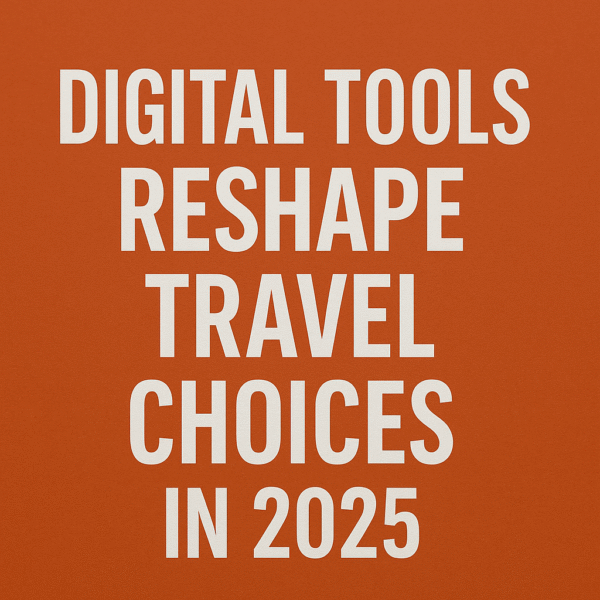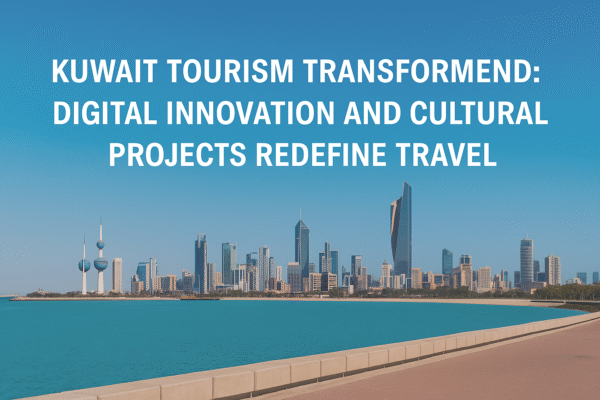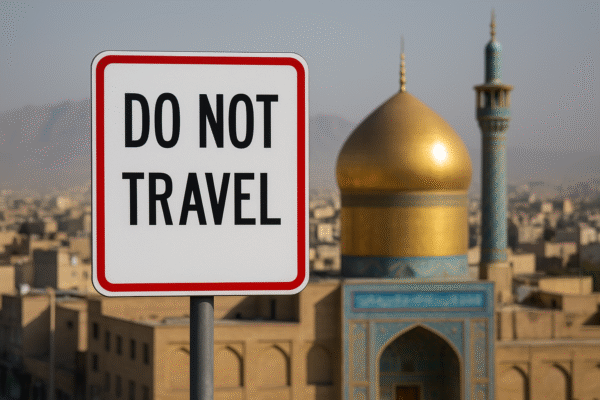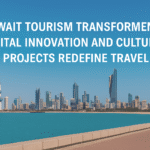The way travelers plan their trips in 2025 has dramatically changed. Gone are the days when travel decisions relied solely on word of mouth or traditional travel agents. Today, online travel agencies (OTAs), search engines, and review platforms are leading the way in shaping where people choose to go and how they experience their journeys. According to the latest consumer insights, this digital-first approach to travel is not just a passing trend but a reflection of a global shift toward convenience, real-time information, and peer-driven validation.
This transformation is particularly evident in major markets like the United States, the United Kingdom, Germany, and France, where technology plays a pivotal role in shaping travel preferences. From destination research to booking confirmations, travelers are increasingly dependent on digital platforms to guide every stage of their journey.
OTAs and Search Engines Take the Lead
When it comes to choosing a destination, OTAs and general search engines have become the top influencers. In the United States, 38% of travelers now rely on general search tools to discover destinations, slightly outpacing the influence of OTAs. Germany, on the other hand, shows a stronger preference for OTAs, with 37% of travelers using these platforms to plan their trips.
Platforms like Google Maps and travel review websites follow closely, often serving as the final step in validating travel decisions. Travelers check reviews, ratings, and location insights before booking, highlighting how integrated and essential these tools have become in the planning process.
For brands in the travel and hospitality sectors, this shift underscores the importance of multi-channel visibility. A presence on one platform is no longer enough; to stay competitive, travel businesses must ensure their content and offers are accessible across multiple digital touchpoints.
Regional Patterns in Travel Behavior
Travel behaviors are far from uniform and often differ by region. In the Northeast United States, travelers are more likely to rely on review platforms and community recommendations, while in the Western states, OTAs and Google Maps hold equal sway. The Midwest paints a different picture, with travelers still valuing personal experience and word-of-mouth advice over digital tools.
These variations highlight the importance of localized marketing strategies. A broad, generic campaign may fail to connect, while region-specific approaches—such as highlighting local experiences or tailoring promotions to match search behaviors—can significantly increase engagement and conversions.
Generational Shifts Driving Digital Engagement
Generational differences are shaping the future of travel planning. Millennials and Gen Z are leading the charge in digital engagement, relying heavily on general search engines, OTAs, Google Maps, and review platforms. These younger travelers are not just using digital platforms; they expect personalized and interactive experiences that cater to their preferences.
By contrast, Gen X and Baby Boomers are less dependent on digital tools. They may use search engines or OTAs as secondary sources of information but still place a strong emphasis on traditional methods such as referrals, direct phone inquiries, or in-person travel consultations.
For travel brands, this data offers a clear direction: customize content and engagement strategies to resonate with the digital habits of younger audiences while maintaining user-friendly, straightforward platforms that appeal to older travelers.
Key Strategies for Travel Brands
To thrive in this digital-first era, travel brands must embrace a multi-pronged approach that combines visibility, relevance, and personalization. Here are the key takeaways:
- Regional Targeting: Develop campaigns that reflect local preferences and behaviors to build stronger connections with different markets.
- Youth-Centric Engagement: Interactive content, virtual tours, and tailored promotions can help attract Millennials and Gen Z, who prioritize personalized experiences.
- Cross-Platform Presence: Ensure that your brand maintains visibility across OTAs, search engines, and review platforms for maximum reach.
- Data-Driven Insights: Use analytics to track trends and adjust strategies in real time, ensuring campaigns remain relevant and impactful.
Adapting to Digital-First Travelers
Today’s travelers are digitally savvy and expect seamless experiences from research to booking. They often start with OTAs or general search engines, move on to reviews for validation, and finalize their decisions after checking logistics on platforms like Google Maps.
For brands, success in this environment means meeting travelers where they are—with relevant, interactive, and trustworthy content. Customization is key, especially for younger travelers who seek authenticity and real-time engagement throughout their planning process.
The Bigger Picture
Globally, the digital transformation of the travel industry is reshaping how destinations are marketed and experienced. With billions of people relying on online platforms to guide their decisions, visibility and relevance are no longer optional—they are essential.
As this trend grows, understanding the nuances of regional preferences and generational behaviors will help travel brands build stronger relationships with their audiences. Whether it’s a family vacation, a solo backpacking trip, or a luxury getaway, travelers today want more than just information—they want inspiration and convenience at their fingertips.
Conclusion
The rise of OTAs, search engines, and review platforms has created a new era in travel decision-making. In 2025, digital tools dominate how travelers choose, plan, and book their journeys. By combining multi-channel visibility, personalized content, and data-driven strategies, travel brands can meet the evolving needs of a diverse audience.
From the tech-savvy Gen Z traveler booking through a smartphone app to the Baby Boomer cross-referencing reviews for a luxury cruise, the path to travel inspiration and planning is digital—and brands that adapt to this reality will be the ones leading the future of tourism.
For more travel news like this, keep reading Global Travel Wire
















